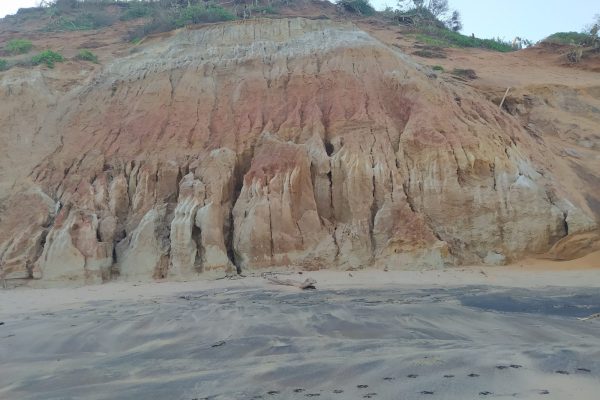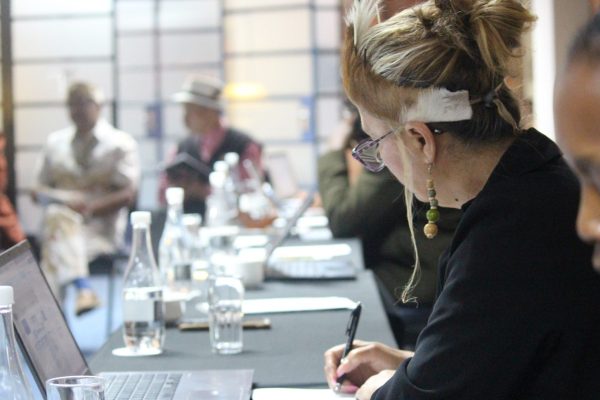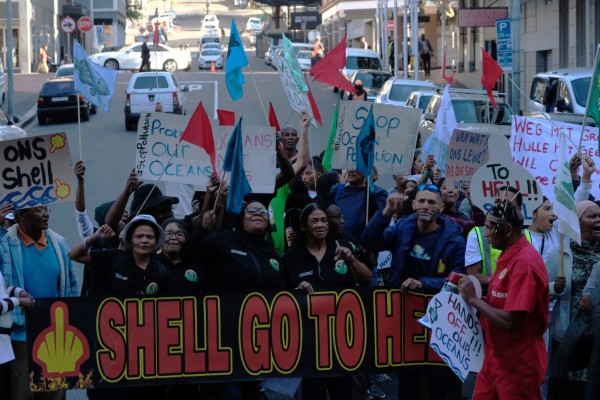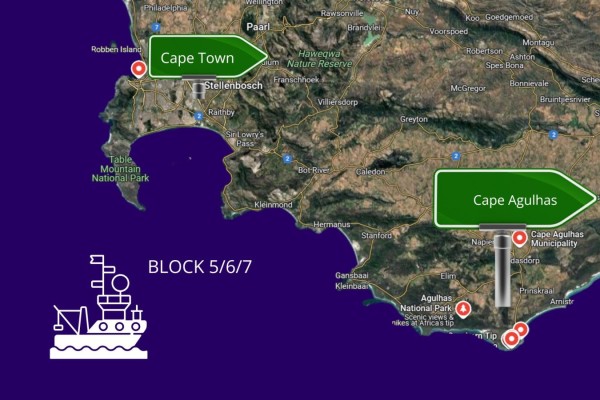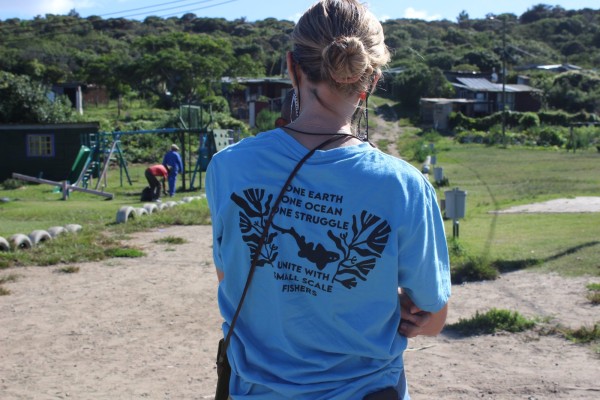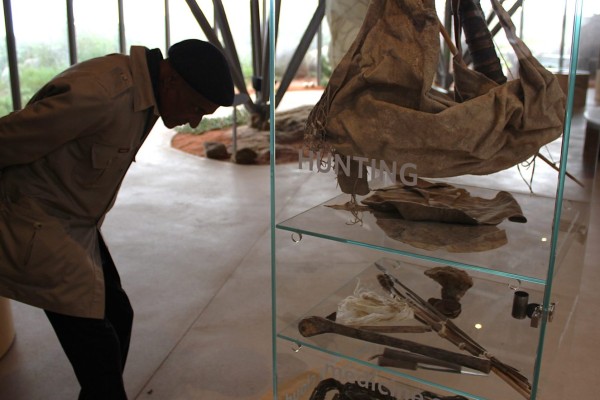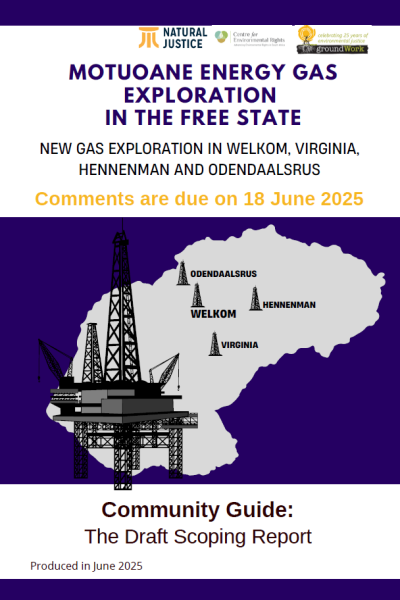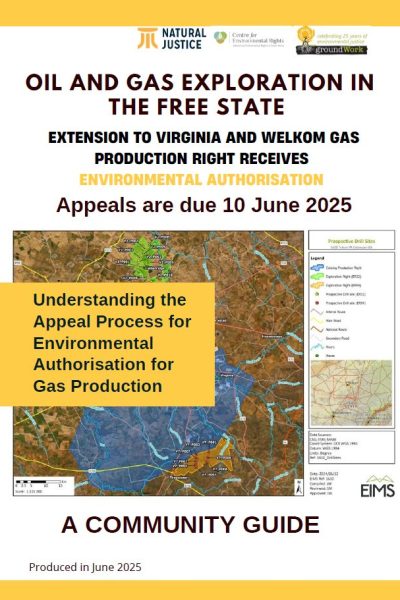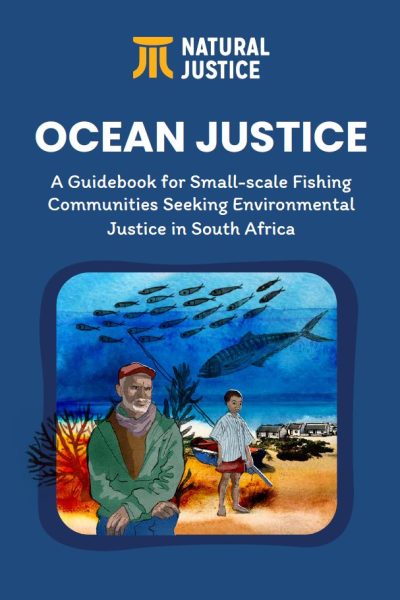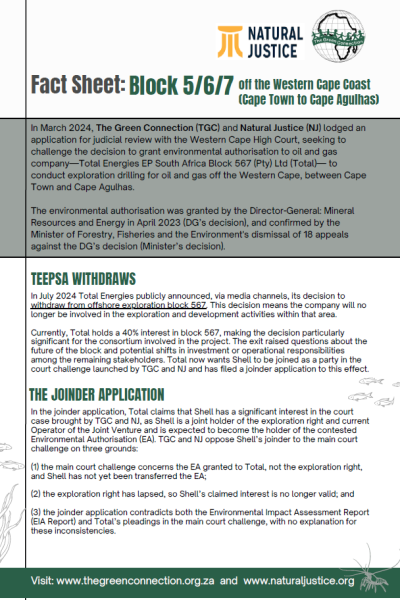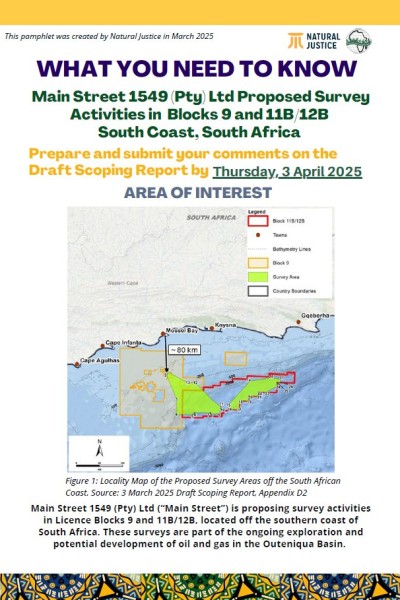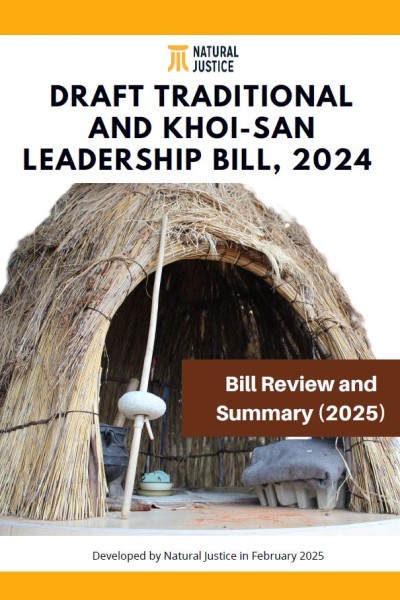South Africa is a multi-ethnic society with a history of European colonisation and apartheid, which institutionalised racial segregation and discrimination against people of colour. The first democratic elections were held in 1994. The Constitution of South Africa is the supreme law of the country and it includes the Bill of Rights, which outlines civil, political, social, economic and cultural human rights. South Africa has signed and ratified the African Charter on Human and Peoples’ Rights and the government is working towards putting laws and administrative measures in place in order to comply with this and other regional and international rights-related instruments.
Post-apartheid South Africa has been focused on redressing the historical inequalities and legacy that continues to cut across the rights of its African indigenous customary communities including rights to lands and its resources. Various laws and policies directly speaks to the cultural rights of these customary communities. The historically disadvantaged communities suffered extreme dispossession of land, resources, disruption to their customary institutions and systems, loss of language and identity.
South Africa comprises a range of African indigenous communities identified in the constitution via their languages such as Xhosa, Zulu, Venda, Sotho, Tswana, Ndebele, Tsonga, Swazi, amongst others. Further, there are five main groups who identify themselves as indigenous in terms of the global indigenous movement. They include the Griqua, San, Nama, Koranna and Cape Khoi. As per the African Commission’s characterisation of indigenous peoples in the African region, these self-identifying indigenous communities tend to be structurally more marginalised than others; are not accessing their human rights on par with the broader communities; are concentrated in the lower end of the socio-economic scale, and are not formally recognised by Government or reflected in national statistics. Current challenges include not being formally recognised as indigenous peoples, loss of ancestral lands and limited opportunity to qualify for restitution of land claims, and recognition of their indigenous languages. The Khoi and San historical communities are still not historically recognised on par with other African cultural communities
Climate change is expected to impact southern Africa by increasing annual temperatures, and the number of hot days and heat waves. A large portion of southern Africa is semi-arid and climate change will exacerbate already vulnerable sectors such as livestock, agriculture, and water, with consequent negative impacts upon communities and their livelihoods. Communities living in marginal environments and strongly reliant upon natural resources are among those least responsible for the causes of climate change but are already facing its impacts.
South Africa has ratified the Paris Agreement of the United Nations Framework Convention on Climate Change (UNFCCC). The government of South Africa is developing an enabling legislative framework designed to mainstream climate change action into policy and planning. A National Climate Change Response White paper has been produced, a draft National Adaptation Strategy, and other measures such as a carbon tax may be implemented in 2017. There is a strong interest in harnessing indigenous knowledge in climate change adaptation measures, and South Africa’s Indigenous Knowledge Systems Policy and the ‘Protection, Promotion, Development and Management of Indigenous Knowledge Systems Bill’ is currently before Parliament. This bill recognises that indigenous knowledge is a national asset and that it is in the national interest to protect and promote it through laws, policies and programme.
Aims
Our work in South Africa aims to:
- Utilise the ‘bundling of rights approach’ to secure rights for African indigenous communities, particularly related to the recognition of traditional leadership, land restitution processes, recognition of indigenous peoples as holders of indigenous knowledge, protection of indigenous knowledge, and participation of indigenous representatives in negotiations around access and benefit sharing agreements.
- Support indigenous peoples to meaningfully participate in, and influence responses to climate change at local, national, regional and international levels.


